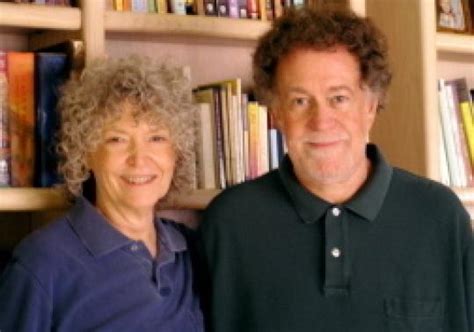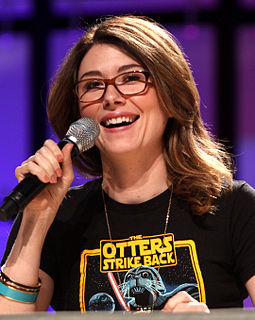A Quote by Orison Swett Marden
People who have accomplished work worthwhile have had a very high sense of the way to do things. They have not been content with mediocrity. They have not confined themselves to the beaten tracks; they have never been satisfied to do things just as others so them, but always a little better. They always pushed things that came to their hands a little higher up, this little farther on, that counts in the quality of life's work. It is constant effort to be first-class in everything one attempts that conquers the heights of excellence.
Quote Topics
Accomplished
Always
Attempts
Beaten
Been
Better
Came
Class
Confined
Conquers
Constant
Content
Counts
Effort
Everything
Excellence
Farther
First
Had
Hands
Heights
High
Higher
Just
Life
Little
Mediocrity
Never
Others
People
Pushed
Quality
Quality Of Life
Satisfied
Sense
Them
Themselves
Things
Tracks
Up
Very
Way
Work
Worthwhile
Related Quotes
Artists and creative workers - people who have accomplished work worthwhile have had a very high sense of the way to do things. They haven't been contented with mediocrity. They haven't confined themselves to the beaten tracks; they have never been satisfied to do things just as others do them, but always a little better. Few are those who see with their own eyesand feel with their own hearts.
Little things do matter. Sometimes, little things matter the most. Everybody pays a lot of attention to big things, but nobody seems to understand that big things are almost always made up of little things. When you ignore little things, they often turn into big things that have become a lot harder to handle.
Holiness is the sum of a million little things — the avoidance of little evils and little foibles, the setting aside of little bits of worldliness and little acts of compromise, the putting to death of little inconsistencies and little indiscretions, the attention to little duties and little dealings, the hard work of little self-denials and little self-restraints, the cultivation of little benevolences and little forbearances.
People ask me, 'What happened in your life that might have pushed you as an artist to get to where you are today?' I always felt a little on the outside. And as such, you're always observing things. So, I'd be kind of re-creating these things in my mind, and I think drawing it was a way to deal with that.
I always have a rough outline, but I'm shocked at how little I actually follow it. Those characters keep doing things that I never expected. I think if I crept up to my keyboard and peeked, they'd be talking about things behind my back. Okay, that's a little paranoid and delusional... but just a little.
Never neglect the little things. Never skimp on that extra effort, that additional few minutes, that soft word of praise or thanks, that delivery of the very best that you can do. It does not matter what others think, it is of prime importance, however, what you think about you. You can never do your best, which should always be your trademark, if you are cutting corners and shirking responsibilities. You are special. Act it. Never neglect the little things.
I always try to find better ways to do things. Whether it's a game plan, a practice, a meeting, an interview, whatever it is. I'm going to find a way to find a way to analyze it and find a better way to do it. That's my mindset. I've never been satisfied with anything. That's just my mindset. I'm always trying to find a better way to do things.
The ego, as a collection of our past experiences, is continually offering miserable lines of thought. It's as if there were a stream with little fish swimming by, and when we hook one of them there is a judgment. The ego is constantly judging everybody and everything. It has its constant little chit chat about things that can happen in the future, things about the past, too, and these are the little fish that swim by. And what we learn to do-this is why it takes work-is to not reach out and grab a fish.
There's a few historical reasons for why git was considered complicated. One of them is that it was complicated. The people who started using git very early on in order to work on the kernel really had to learn a very rough set of scripts to make everything work. All the effort had been on making the core technology work and very little on making it easy or obvious.
The last collaborator is your audience ... when the audience comes in, it changes the temperature of what you've written. Things that seem to work well -- work in a sense of carry the story forward and be integral to the piece -- suddenly become a little less relevant or a little less functional or a little overlong or a little overweight or a little whatever. And so you start reshaping from an audience.






































